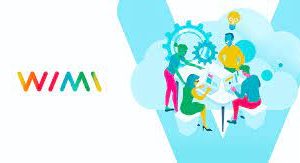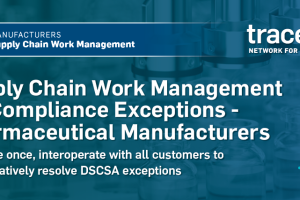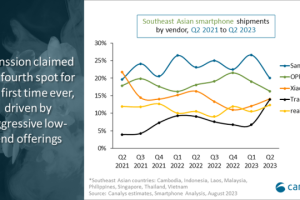Professor Supten Sarbadhikari, Project Director – Center for Health Informatics, National Health Portal, speaks on making healthcare information available to the common man. He shares his views on why information dissemination is important, and some challenges faced in implementation.
What are the challenges in making healthcare information available to the masses?
If you are talking about remote rural places, connectivity itself could be a problem; and if you want to send information through the Internet, then Internet connectivity is another issue – less than 25% of India is connected to the Internet. In fact, this is the reason why the National Health Portal has a voiceweb with a toll free number. It is possible to get (healthcare) information from this number without using the Internet.
The case of polio (awareness) is a good example where information reached quite well, but not well enough. Ultimately, a targeted approach had to be taken. Health is a state subject in India; some states are ahead and some far behind. In polio (awareness creation) for the states that were far behind, we had to put in extra efforts. On TV, we had brand ambassadors – famous film starts – encouraging you to get polio drops (for children).
At the ground level, though community health workers, we had ASHAs (Accredited Social Health Activists), Anganwadi workers and different types of health workers go to the people to the last mile. They have been used information dissemination. If a person from the same locality, with the same cultural, religious or social background says something, it has more impact than the same information coming from a different source.
There are various factors – health is not just psychosomatic or psychobiological, but it is also psycho-bio –sociological.
Addressing healthcare information needs through National Health Portal
Some information is already available (on the Internet), but the question is of its authenticity and validity. You can search for any information on Google, but who is going to tell you that it is actually authentic? That’s the main reason for the Ministry of Health proposing a National Health Portal. Our goal is to give authentic information related to health to everyone. The portal is meant to be the first point of getting any information related to health, disease, doctors, or laws (related to healthcare). For anything related to health, this should be the first point of access.
We have already launched a mobile app for blood banks and hospitals to coordinate. More apps are in the pipeline. Traditionally, radio, TV and print media were the means to reach the masses, other than direct contact. Once we have the web, we can have recorded video messages that can be played.
Lack of authentic information related to health is the biggest problem; and this is not only for the common people. Even healthcare professionals are not up to date, or they have some misconceptions. Health literacy is not only for those people who don’t know anything about health, but also for those who are practicing healthcare.
Information availability leads to better healthcare
Ultimately, it is not just communication, but we expect a behavioral change. This needs a multi-pronged approached. As discussed earlier, we can provide information through the portal, voiceweb or mobile apps. But then, we should also observe if people are accessing and using this information; and whether after using this information, the health indicators are improving.
If you look at just the health indicators improving, it doesn’t mean the improvement is because of the information. Multiple aspects are at play that affect health – water, sanitation, nutrition. All these matter for better quality of life and health.




























